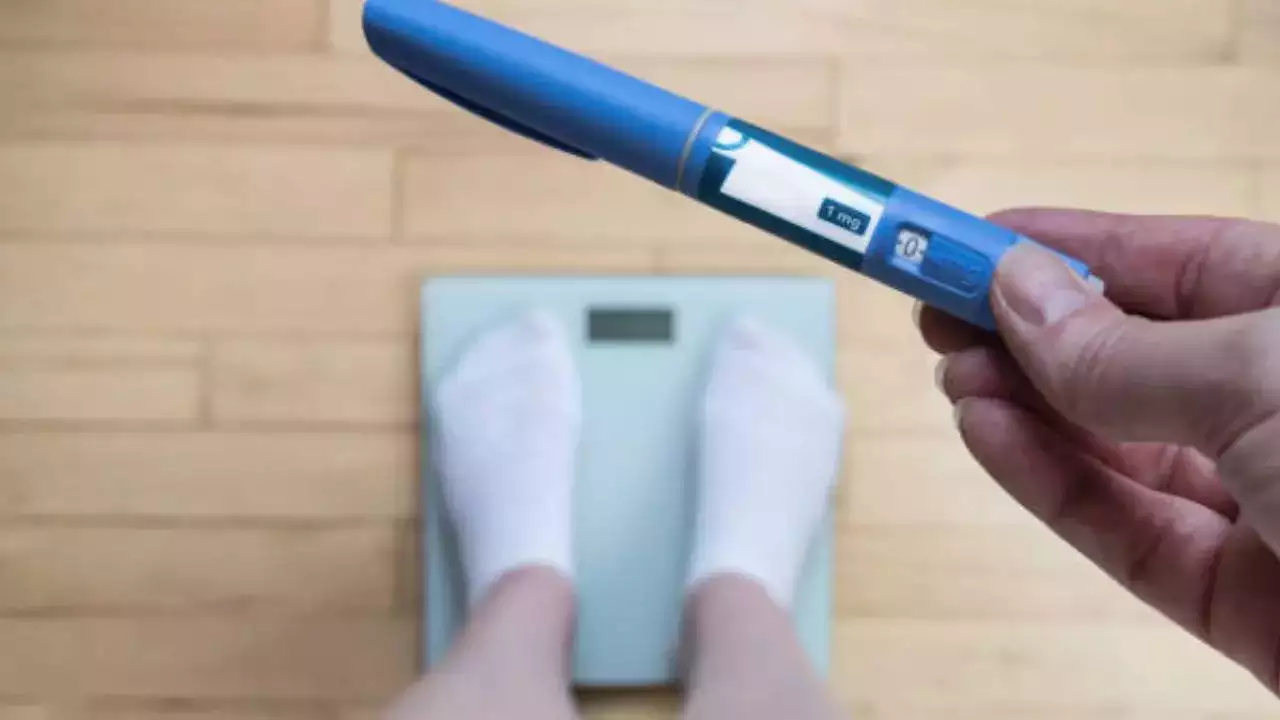
At least 20 of patients - as many as 1 in 5, may not respond well to the medications
While many are struggling to get blockbuster drugs Ozempic and Wegovy to lose weight – those who have easy access are struggling as well. Reason despite the prescription, pharmacy drugs being in stock, and health insurance coverage – the much-hyped medications are not working.
“I have been on Wegovy for a year and a half and have only lost 13 pounds,” Danielle Griffin, a 38-year-old IT worker from New Mexico, who watches her diet, drinks plenty of water, and exercises regularly, told The Associated Press. “I’ve done everything right with no success. It’s discouraging.”
Weight loss is not happening
In clinical trials, most participants taking Wegovy or Mounjaro to treat obesity lost an average of 15-22 per cent of their body weight — up to 50 pounds or more in many -cases. But roughly 10-15 per cent of patients in those trials were “nonresponders” who lost less than 5 per cent of their body weight.
Now that millions of people have used the drugs, several obesity experts told The Associated Press that perhaps 20 per cent of patients — as many as 1 in 5 — may not respond well to the medications. It's a little-known consequence of the obesity drug boom, according to doctors who caution eager patients not to expect one-size-fits-all results.
Why are weight-loss medicines not working in some people?
According to experts, it happens because different people have different responses.
The drugs, known as GLP-1 receptor agonists mimic a hormone in the body known as glucagon-like peptide 1. Genetics, hormones and variability in how the brain regulates energy can all influence weight, and a person's response to the drugs. According to doctors, medical conditions like sleep apnea prevent weight loss, as can certain common medications, like antidepressants, steroids and contraceptives.
And despite warnings and caution from patients, they often get upset when they start getting the weekly injections – even though the weight hardly budges.
That was the case for Griffin, who has battled obesity since childhood and hoped to shed 70 pounds using Wegovy. The drug helped reduce her appetite and lowered her risk of diabetes, but she saw little change in weight. “It’s an emotional roller coaster,” she said. “You want it to work like it does for everybody else.”
How do these weight loss medicines work?
According to experts, these medications are typically prescribed along with eating behaviour and lifestyle changes. While it is clear that within weeks someone will respond to the drugs, it takes a lot of time in some people. Doctors say weight loss usually begins right away and continues as the dosage increases. However, for some, it doesn't happen at all.
Many people also battle side effects like nausea, vomiting, and diarrhoea which force the patients to halt the medications. In such situations, those who were counting on the new drugs to pare pounds may think they are out of options.
But doctors advise trying a different version of these drugs. Griffin, who initially did not have a positive response to Wegovy, has now switched over to Zepbound - which targets an additional hormone pathway in her body. After three months of using the drug, she has lost 7 pounds. “I'm hoping it's slow and steady,” she said.
She has also changed her diet, exercise, sleep, and stress habits and is trying to figure out what is working for her body.
Get Latest News Live on Times Now along with Breaking News and Top Headlines from Health and around the world.